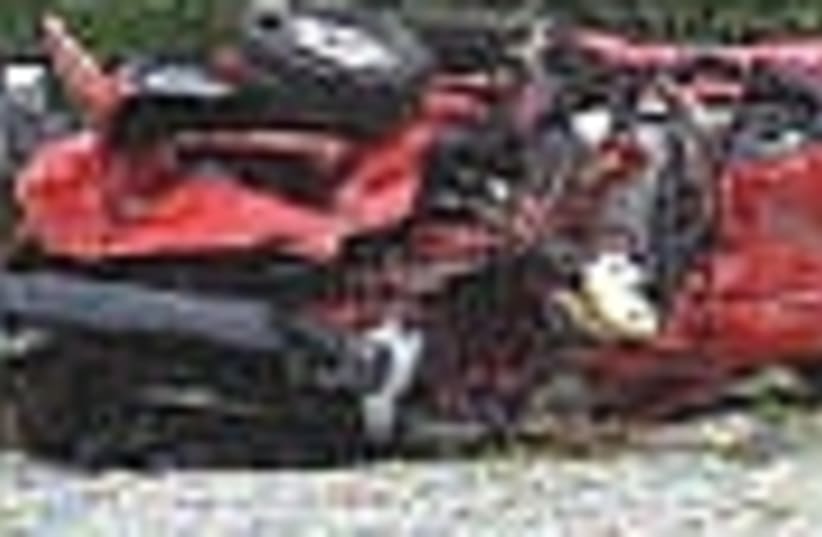| More about: | Hebrew University of Jerusalem, Yom Kippur War, Jaime Lerner, Australia |
Speed cameras - now
Governmental policies are the major determinant of how many shall die on our roads in the new year.


| More about: | Hebrew University of Jerusalem, Yom Kippur War, Jaime Lerner, Australia |